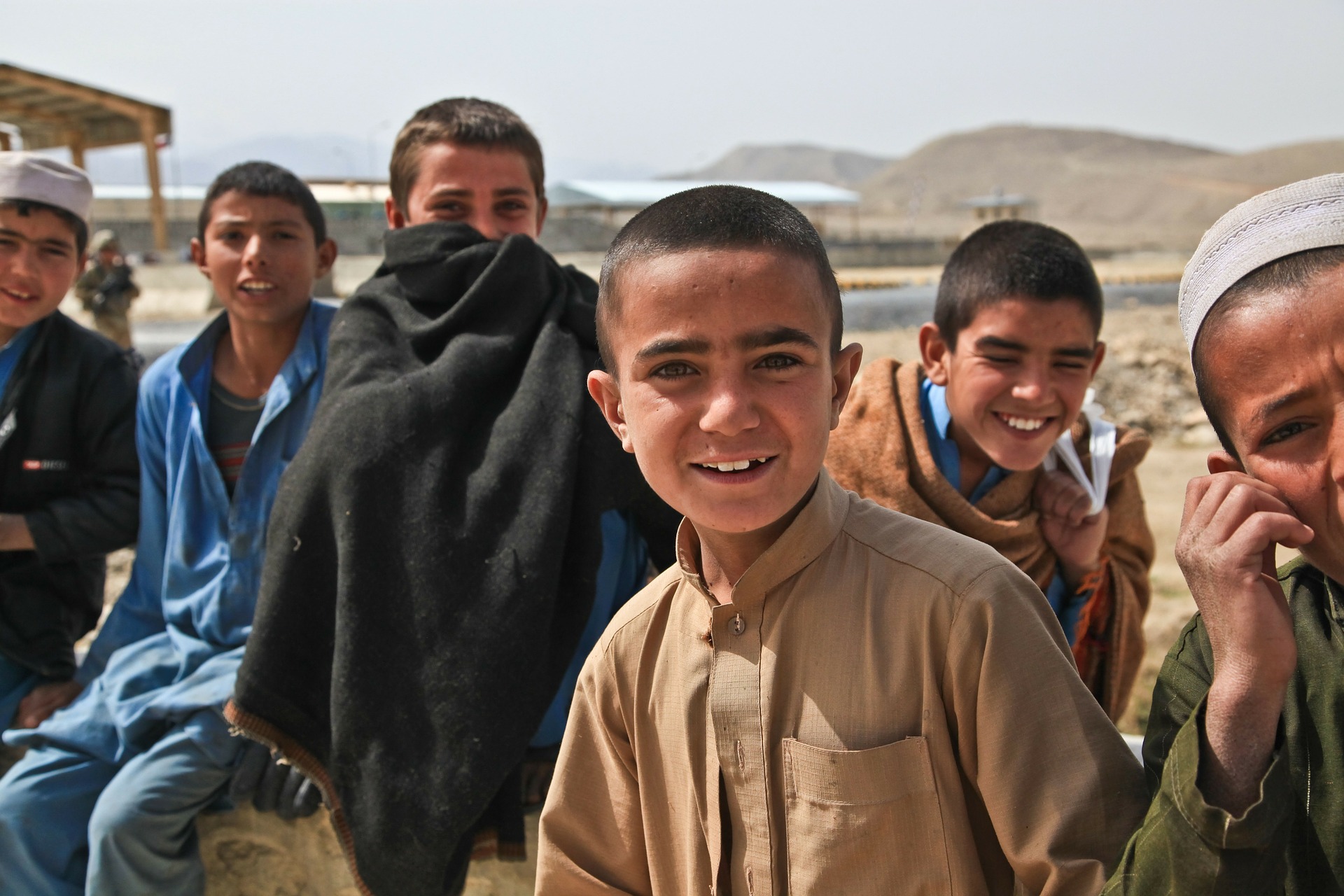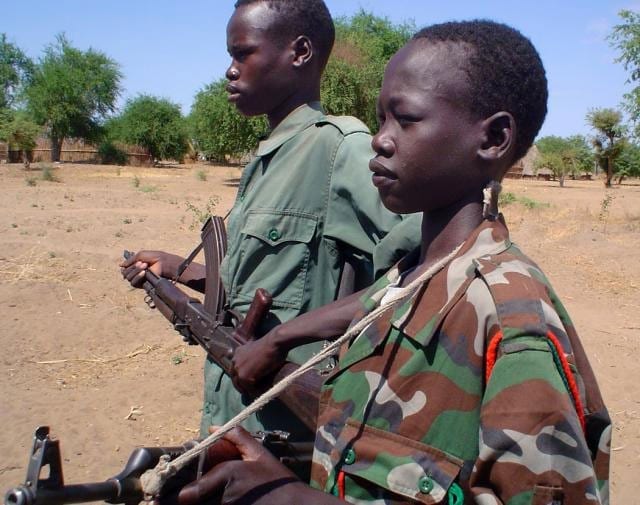

The effects of armed conflict on children are both direct and indirect. As such, a stateless person lacks those rights attributable to nationality: the diplomatic protection of a state, the inherent right of sojourn in the state of residence, and the right of return in case he or she travels. 8Ī person who is not considered as a national by any state under the operation of its law. These circumstances are in turn shaped by a wider set of forces: economics, social policies, and politics.

The circumstances in which people are born, grow up, live, work, and age and the systems put in place to deal with illness. 7Ī person, who “owing to well-founded fear of persecution for reasons of race, religion, nationality, membership of a particular social group or political opinions, is outside the country of his nationality and is unable or, owing to such fear, is unwilling to avail himself of the protection of that country.” 7 People or groups of people who have been forced or obliged to flee or to leave their homes or places of habitual residence, in particular as a result of or to avoid the effects of armed conflict, situations of generalized violence, violations of human rights, or natural or human-made disasters, and who have not crossed an internationally recognized state border. In case of a negative decision, the person must leave the country and may be expelled, as may any nonnational in an irregular or unlawful situation, unless permission to stay is provided on humanitarian or other related grounds. Any organized dispute that involves the use of weapons, violence, or force, whether within national borders or beyond and whether involving state actors or nongovernmental entities.Ī person who seeks safety from persecution or serious harm in a country other than his or her own and awaits a decision on the application for refugee status under relevant international and national instruments.


 0 kommentar(er)
0 kommentar(er)
